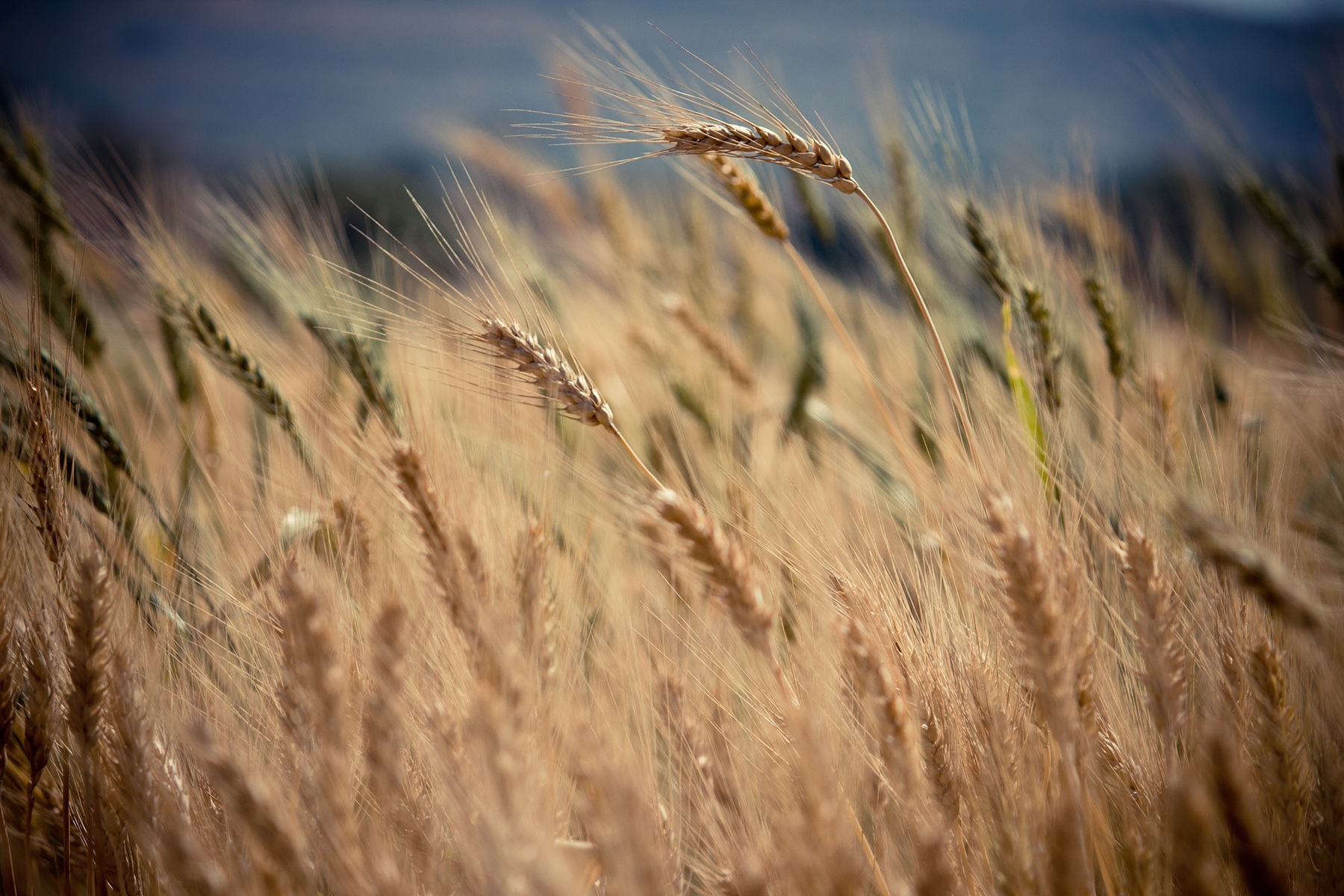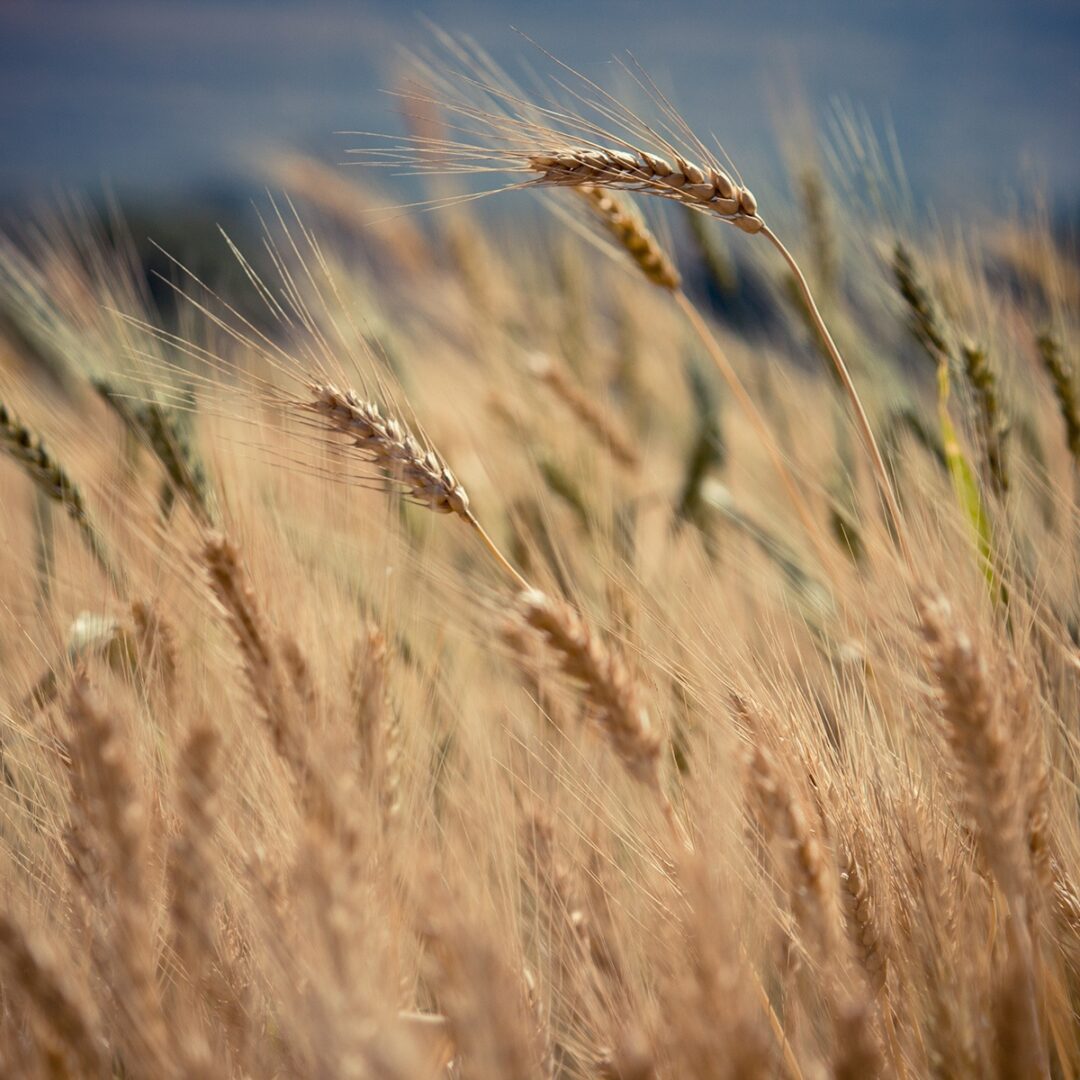by Bob Lupton

The farmer had planted good seed. He was sure of that. And the soil had been properly prepared. So where did all these noxious weeds come from? It had to be an enemy – a saboteur – slipping in at night, scattering weed seed in his fields.
It wasn’t until the wheat was growing nicely that the weed sprouts had become visible. Then it was too late. Sending workers tramping into the fields, pulling up weed plants, would destroy the wheat crop. No, he would let the wheat and weeds grow together. At harvest time he would do the separating.
This is the way the Kingdom of Heaven works, Jesus told his followers. Good and bad growing together in the same field. In the same life perhaps? Now that’s a problem. How can good and evil co-exist in the same person? Aren’t we either sheep or goats, good guys or bad guys?
This was one of the confusing dilemmas I struggled with as an adolescent Christian raised in a holiness church that taught me I could live a sin-free life. The “carnal nature” that caused me to do bad things could be eradicated by the filling of the Holy Spirit, they told me. Once filled, I would be freed from the root of sinfulness from which my badness stemmed.
The trouble was, as hard as I tried, as sincerely as I pled to be filled, as wide as my young heart could open, I could never seem to fully rid myself of the troubling tendencies that repeatedly tripped me up. There were subtle things like pride and ego and selfishness that blemished my perfection, and there were bigger things like lust and libido that raged in my viscera.
I tried denial, rationalizing that such propensities came from outside sources (the devil made me do it) and not from within my good spirit. I tried sanitizing my sins by calling them innocent human mistakes, not willful defilements. But in the end, I had to admit to myself that no amount of justifying could explain away these tendencies. They were like bad weeds forever appearing among the good grain I was trying to cultivate in my life. I eventually gave up trying to be perfect and walked away from the church.
But I did not walk away from God. It may have felt like it. But in retrospect, God walked away with me. For years, I (we) wandered in and out of other doctrines – from total depravity theology claiming there was nothing good in me to Pollyanna teaching that affirmed I was totally good. Neither extreme was satisfying.
And then, out of the blue (or so it seemed), this story of the wheat and weeds caught my attention. The Kingdom is like this, Jesus told His disciples. Good and bad growing together in the same field. If this was an illustration of the field of my life, it could explain the conflict that had baffled me for years. In this story, good and bad co-exist in the same ground. No denial or rationalization here. Both are real. So what to do about the bad weeds? That is the question.
“Let ‘em grow,” the farmer says. Don’t waste precious time and energy trying to root them out. Trying to eradicate them will only make matters worse. It’s part of who you are. Just accept that your field won’t be pristine. You may not get the “Farmer of the Year” award. That’s OK. Keep your focus on the harvest. In due time, the Lord of the harvest will sort it all out. The defining, judging, and sorting is His business, not yours.
So then, do I just ignore the weeds in my life, tell myself that they are not really so ugly or toxic after all? No. That would put me back on the sanitizing path I rejected as dishonest. I must admit and confess them.
But I can’t confess what I don’t fully acknowledge. The weeds must be named. I must concede I am a less-than-perfect person and will always be, at least in this life. My life-field is like everyone else’s: flawed. I am a mixture of weeds and wheat, simultaneously saint and sinner.
To accept this mystery requires a good bit more patience, compassion, and forgiveness than striving for some illusionary perfection that is blind to its own faults. Acknowledging both the wheat and weeds in my field keeps me from thinking too highly of myself, but it also keeps me from flagellating myself as terrible. It requires a bit of humility – actually a good bit!
So I am left with trusting the Lord of the harvest to do the judging. He knows all my secret thoughts, my noble aspirations, as well as my selfish inclinations. He sees the desires of my heart – that I really would love to get “Farmer of the Year” for all the right reasons (and a few that are not quite so pure). It is reassuring to remember He is the One who embraced me from the beginning, weeds and all. I count on that embrace.












